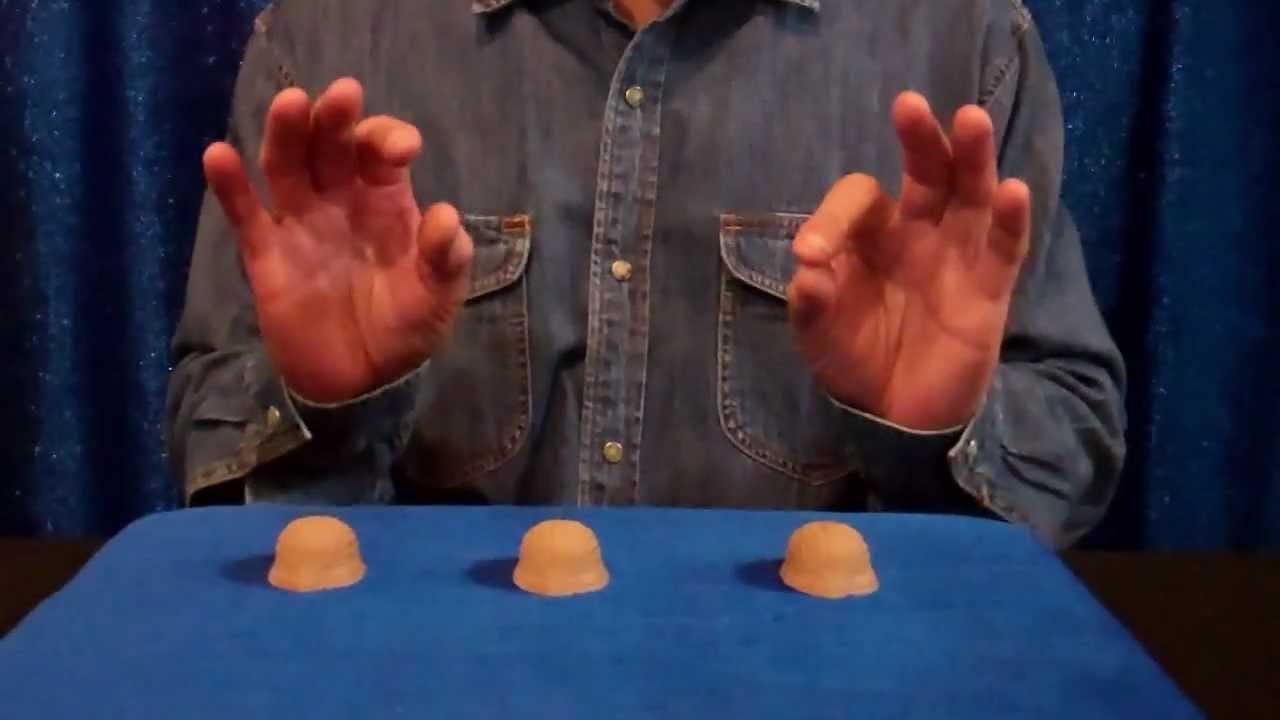As a freshman in college, back in 2005, I had some car trouble—so I brought it in, gave the deskman the run down, and signed off on $350 of service before the mechanic had a look. As a fresh-faced student, buzzed on my newfound independence, this seemed normal. Until, that is, I told my father who said: “tell them to stop work immediately and give you a proper quote.”
Not only did the auto shop refuse to stop work, but they insisted I pay in cash—apparently (I decided) they had done this before—and I quickly realized they had taken me for a sucker. And on that, they were right.
My father said don’t worry, it happens to everyone, which didn’t really ease the pain at the time but it’s certainly true. So it goes, as Kurt Vonnegut would say. You’ve got to be the sucker at least a few times, and with each instance you get more motivation not to be one again.
Still, the question remains: how to avoid being the sucker? Well, I’ve come to think it’s all about understanding trust.
After the fact, an older / wiser friend told me: the two people you’ve got to trust are your doctor and your mechanic. They know things you don’t, which puts them in a position of authority—authority of knowledge—and if you don’t trust them, you could easily be taken advantage of.
In the context of medicine and/or car maintenance, there are certain barriers that hopefully weed out the hustlers and scammers, con men and grifters (i.e. med school, online reviews). This is all fine and good for those relatively infrequent visits to these fields of practice.
If only the same could be said for the omnipresent arena in which we all play these days: the internet.
Ah, the internet. In this place, trust is not so readily apparent. It’s weird how trusting we are inside the internet—all it takes is a blue check mark and, worthy or not, people suddenly have the credibility of a standup citizen—or better yet, with someone who builds a “company” just by creating a profile.
I am thinking specifically of Instagram here, particularly the things being sold there. Those advertisements just keep coming, hit after hit, slowly convincing you that your jaw is flabby and you need to chew a rubber ball to tone it up. Did I purchase this jaw exercise ball—yes, I did—and along with the rest every single time I’ve bought something off Instagram, I’ve regretted it.
To date, I have procured the following Insta-purchases:
A colorful, short sleeve button down shirt
A kaleidoscope
A fleece jacket
A jaw exercise thing
For some reason, I’ve waited until after I’ve input my cc information to look up the product and see if it’s a scam. What I’ve found it that most of these “brands” are simple pass-thru entities that resell items from Ali Baba. (All four of the above qualify.) Then shipping takes three weeks on the literal slow boat and what shows up in a marred bag includes a major discrepancy between the well-done photos and the item itself. I should probably keep these past purchases in a little box to remind me that not all that glitters is gold.
There’s that saying: if you don’t know who the sucker in the room is, it’s probably you. Despite the cynicism of the idea, it’s a cliché for a reason. Not everyone in the world is that nice. And on that note, there’s one other concept I want to bring into the conversation before wrapping this up: karma.
Karma makes you feel better about being the sucker. When my bike got stolen in college a few years later, the only relief came in knowing that bad karma awaited the thief. I’m not sure if you yourself gather bad karma for enjoying a little schadenfreude against the perpetrators—this would be like the cosmic equivalent of double dipping—but, definitely, you gain no karmic credit from being the victim.
Being a sucker is simply collateral damage to karma working. So, in turn, we must refine our trust, keep faith that most people are good-hearted, and try our best not to be the sucker out there. That’s all we can really do.
In the meantime, karma will keep doing its thing.
The only thing I can say for sure is the auto shop that scammed me all those years ago has now been demolished and some new apartments stand in its place. I guess you call that progress.
-Martin







This was an amazing read and perfect timing. Thank you!